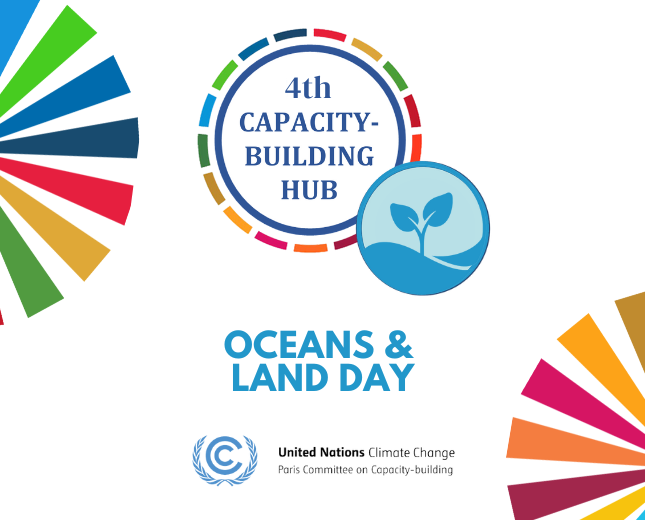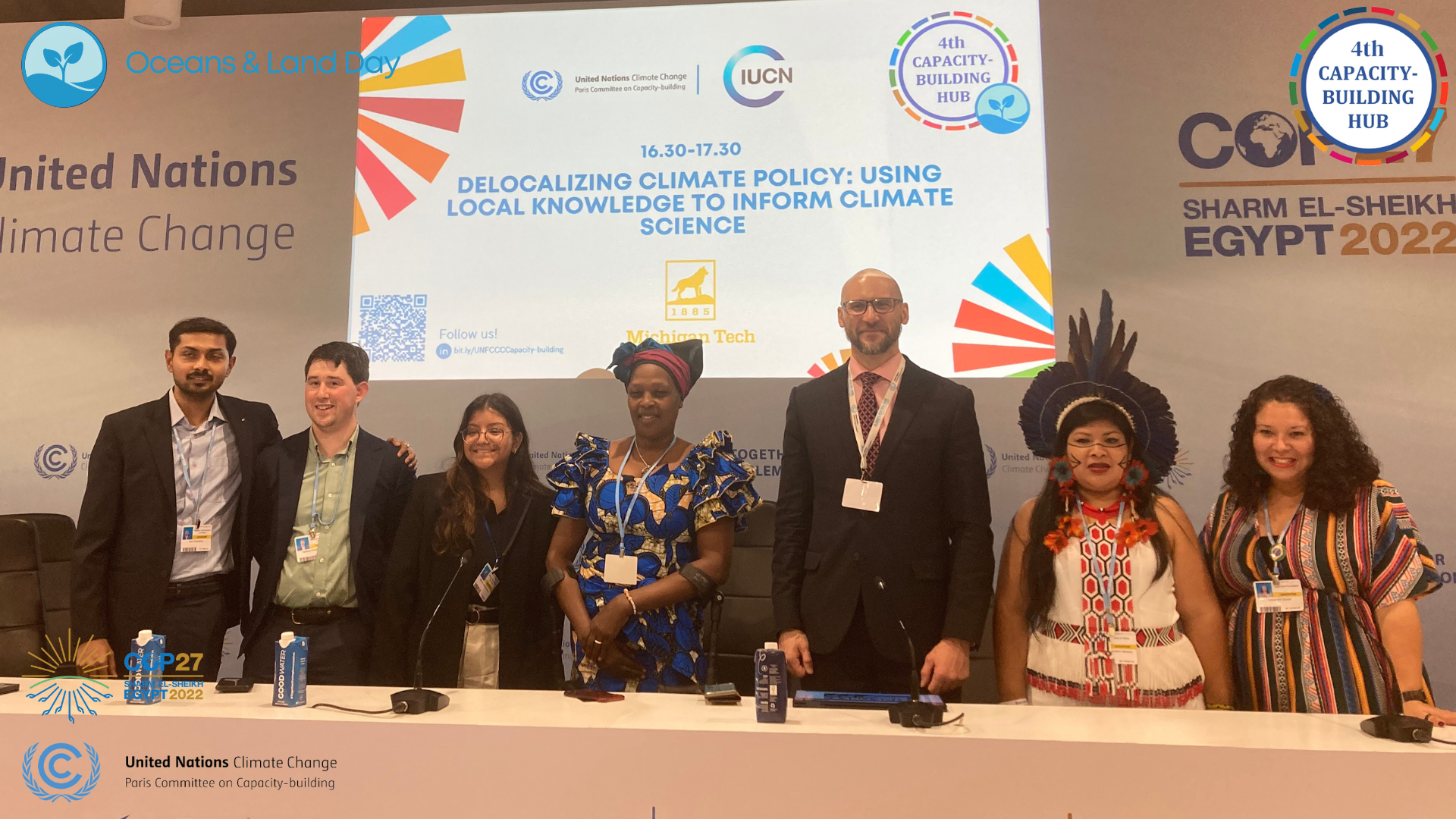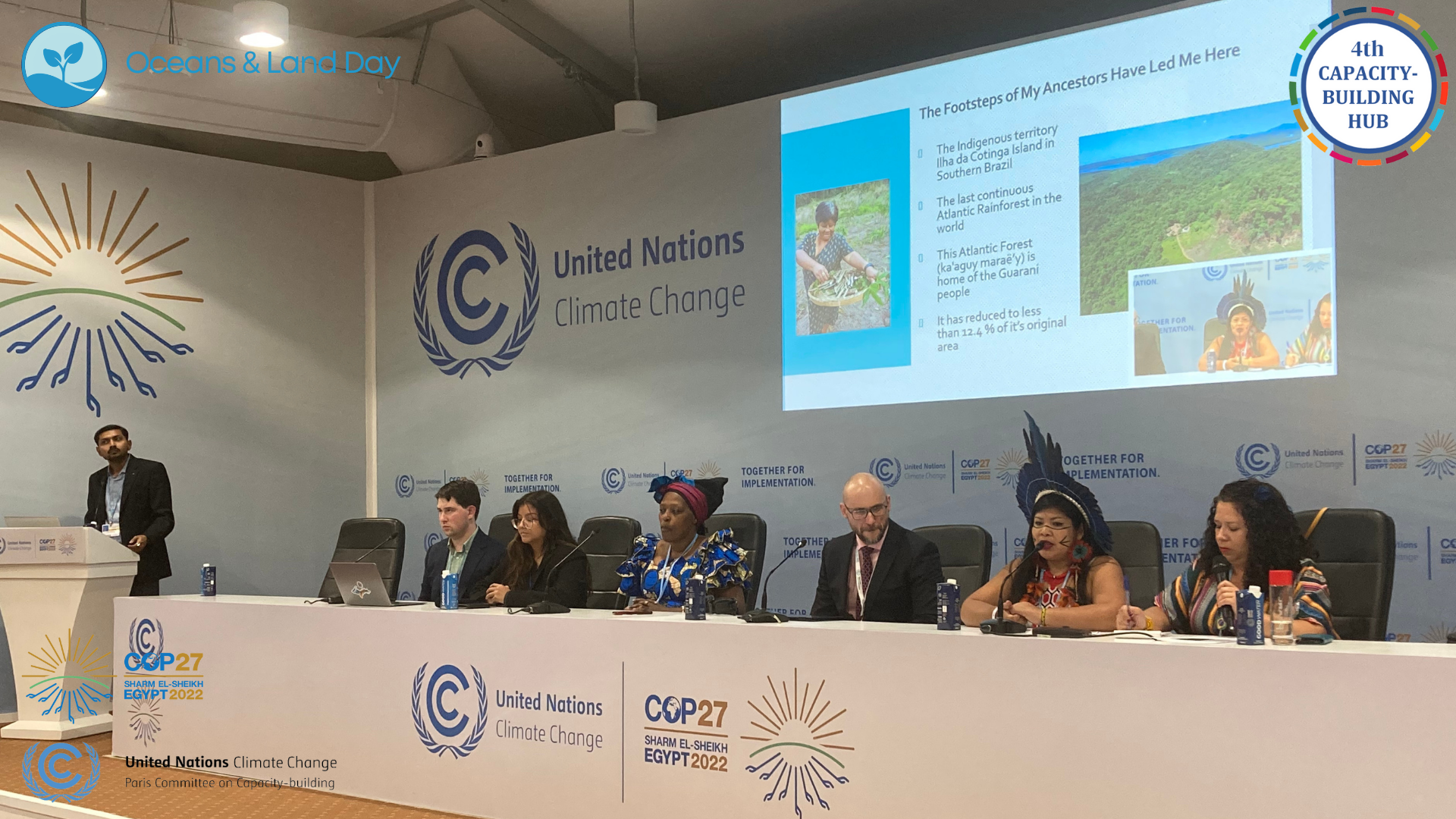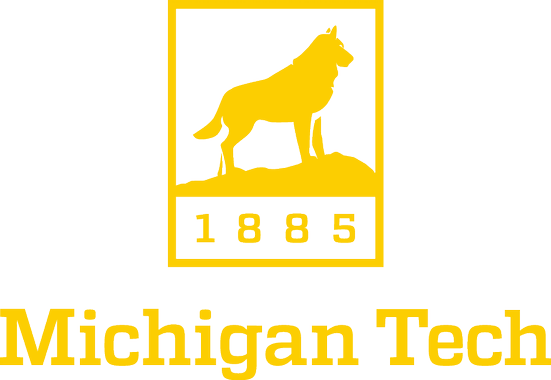Event Recording
Organizers
Background
Background of Michigan Technological University (MTU): MTU is a flagship public research university founded in 1885 as a mining school. At MTU, students embrace the natural environment, climate, the sense of adventure and originality. The location of the university in the Upper peninsula, close to Lake Superior in Michigan, USA places us in a situation of close and intimate human – nature interaction, which shapes our thinking of climate, the science and the policy. the university is located within the historic, traditional and contemporary homelands of the indigenous peoples and on lands shared by the Anishinaabeg. It is thanks to the reciprocity of the indigenous people that we are able to learn from their knowledge, their cultural distinctiveness and their practices of conservation.
Background context of the event: There is a disconnect problem recognized in scientific literature regarding the scientific assessment of global climate change and the politics, legislation surrounding the same (Brown and Havstad 2016). Despite the massive consensus among climate scientists and technologists about the enormity of the issue across the globe and complex methodological challenges, there is considerable communication gap among policy makers and global publics (McBean and Hengeveld 2000). This problem is of particular interest as it shows two scenarios to understand and mitigate the disconnect –
• The level of citizen engagement with climate change knowledge, and
• How such engagement can drive policy change or minimize the disconnects.
The disconnect stems from the intermix of societal and economic factors in which the knowledge is placed. In addition, although climate knowledge may be applicable across geographies, the governance of the knowledge differs depending on the economy and cultures of societies. Herein also lies the scope of capacity - building of policy makers, policy influencers, and stakeholders with interest in climate policy to be informed by Local Knowledge (LK).
Objectives
The session’s objective was to:
- Analyze the process in which Climate Change policies in the Global South are generated through regional knowledge narratives that reside within communities and their practices.
- Inform the audience in general, and policy makers in particular, the importance of securing rights of Indigenous People, local communities, and more importantly women in such communities.
- How such generational knowledge can be acknowledged by policy makers and form new policy frameworks.
Structure & Speakers
This session relied on a storytelling method as the format of presentation. The speakers used personal narrative method for discussion and engage with the audience. This is because, narratives help us in understanding the world and associate meaning to it. A western science-based understanding of the world has not only limited the answers to the problems but also constitutes a part of the problem (Santos, 2014; Escobar, 2016). The problem arises because positivist scientific knowledge acquires different meanings in diverse socio-political contexts. It is thus necessary to move away from western scientific knowledge epistemology towards inclusive approach that allows redefinition of the issue at hand.
Modality of the session
- The session started with a video showcase of community contributions to biodiversity/climate change adaptation or mitigation activities. This set the tone for the session, and made the session more audio – visual sensory
- Each speaker had an allotted time to describe their empirical experience of working with and within rural local and/or indigenous communities and how their knowledge has been shaped by the practices of the communities they worked with
- At the end of every narration, there was an interactive session with the audience where they contributed/contradicted, added their perceptions to the speaker’s narration
- There was a blank card provided to the audience members to write down words or phrases that determines their connection with nature. These cards were used to draw linkages with the narratives of the speakers
- The session ended by summarizing the importance of this method of storytelling in reinforcement of shared knowledge of physical environment and the community
Moderators
- Kathy Huerta Sanchez, Master’s program research student, Michigan Technological University (MTU)
- Zachary Hough Solomon, Master’s program research student, Michigan Technological University (MTU)
- Aritra Chakrabarty, PhD program research scholar, Michigan Technological University (MTU)
Speakers
- Sanjay Vashisht, Director, Climate Action Network (CAN) South Asia
- Neema Namadamu, Coordinator of Democratic Republic of Congo (DCR), Women's Earth and Climate Action Network (WECAN)
- Juliana Kerexu Mirim Mariano, General Coordinator of the Commission Guarani Yvyrupa, Commission Guarani Yvyrupa (CGY)
- Roman Sidorstov, Associate Professor, Energy Policy Michigan Technological University (MTU)
Key Outcomes
- The session focused on the integration of indigenous knowledge in developing technological innovations, to create just and equitable renewable energy from a system approach for post-industrial communities.
- Speakers highlighted the ways in which ancestral connections allow members of the community to know when to plant, harvest, and work with the land, focusing on the need to protect the practices and knowledge of these indigenous groups.
- Addressing the disconnect between policymakers and local communities, speakers presented their concept of delocalizing climate policy, as well as biodiversity-based climate solutions where local knowledge on agriculture and other nature-based activities are key in ensuring food security and adaptation measures are implemented.



